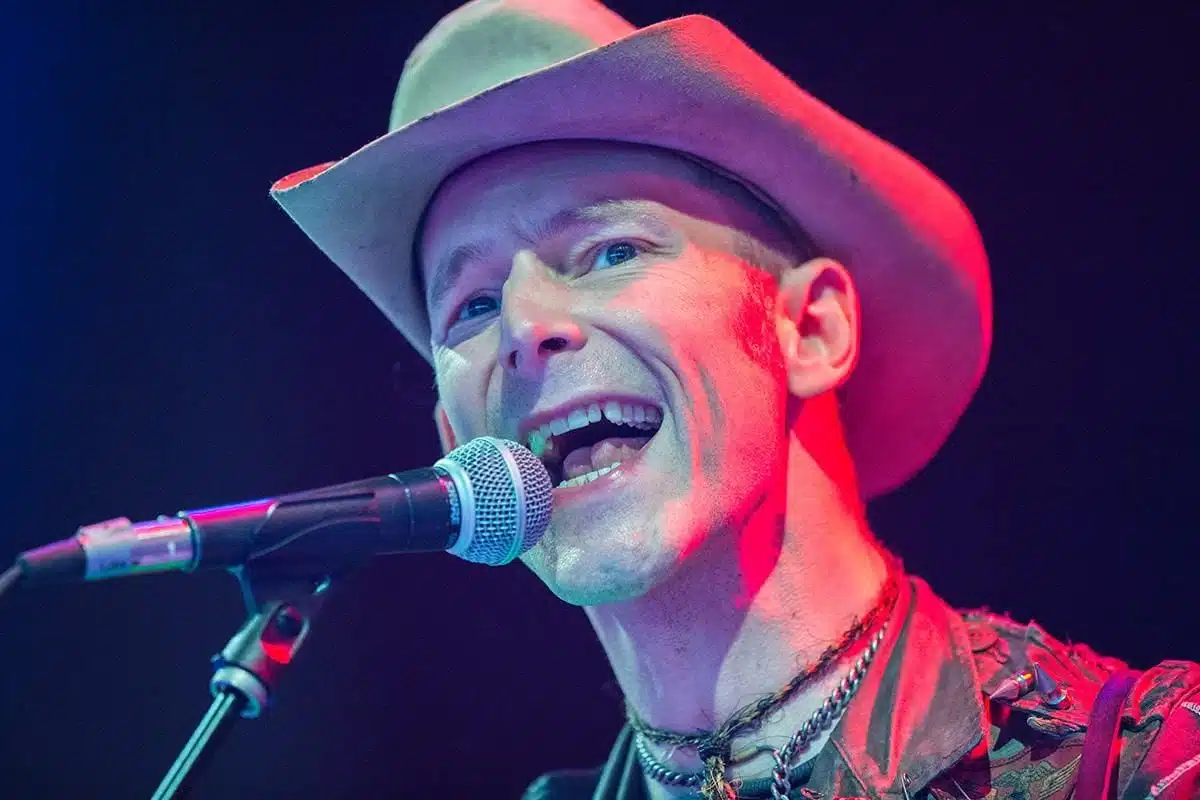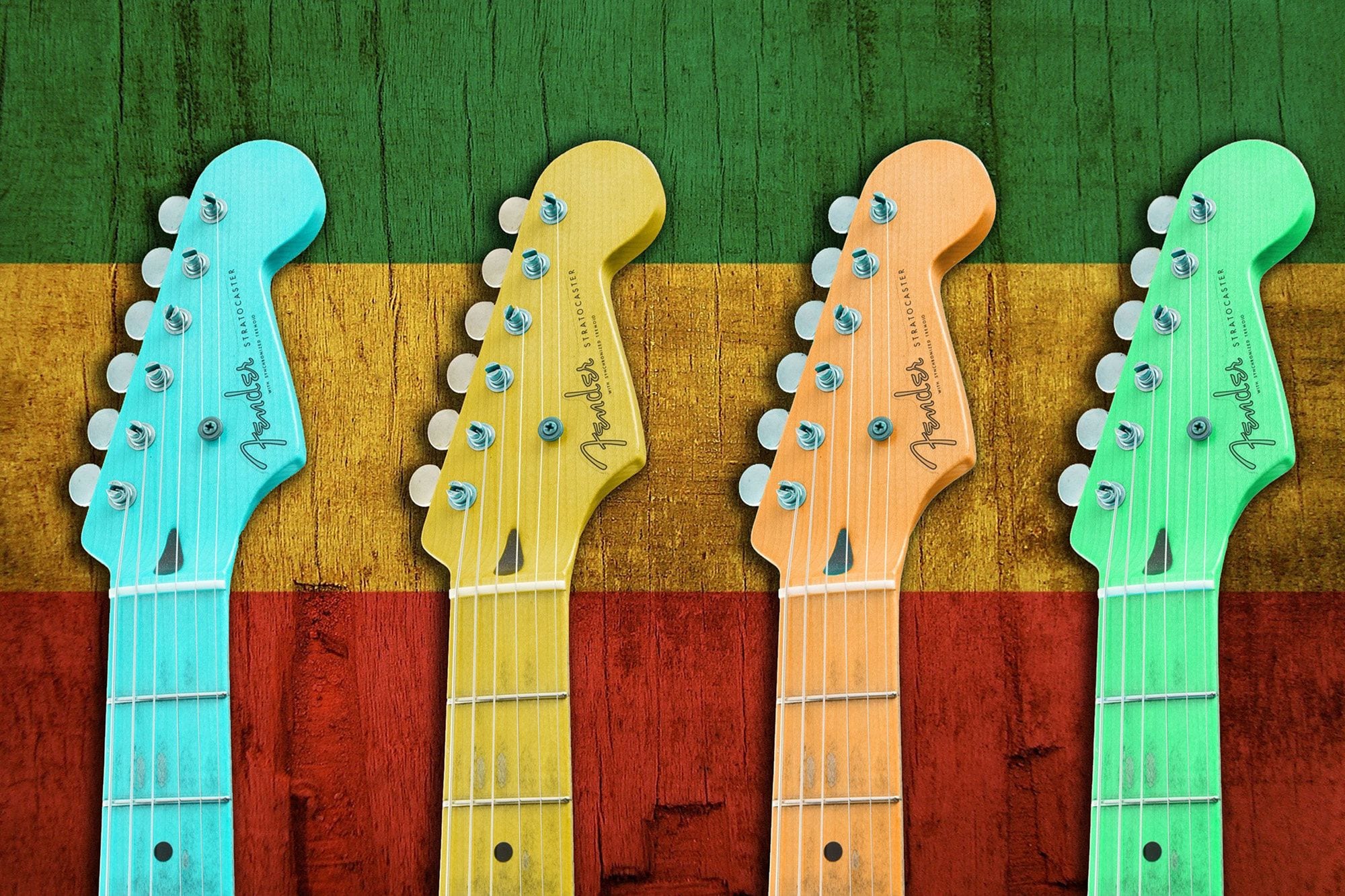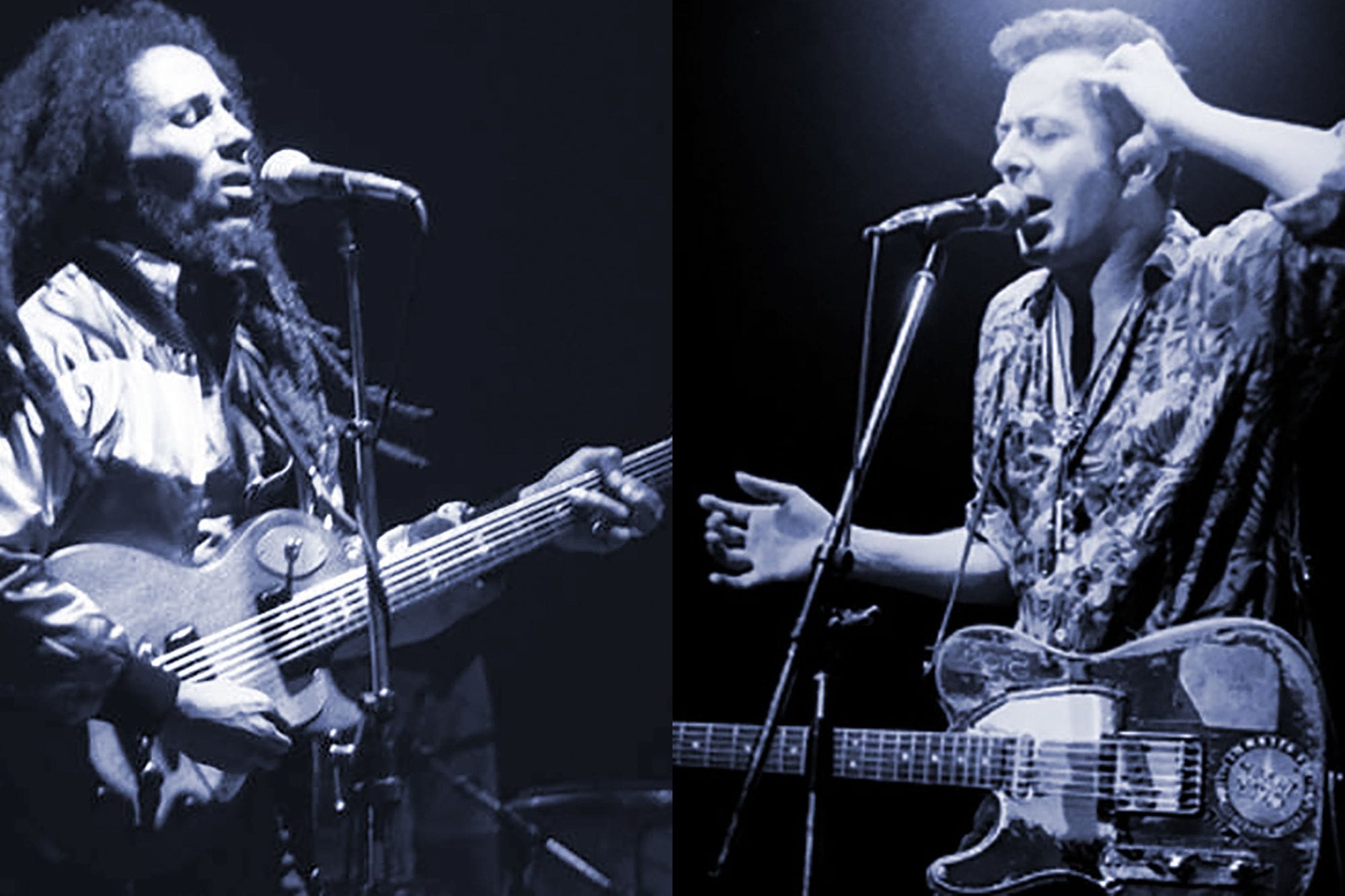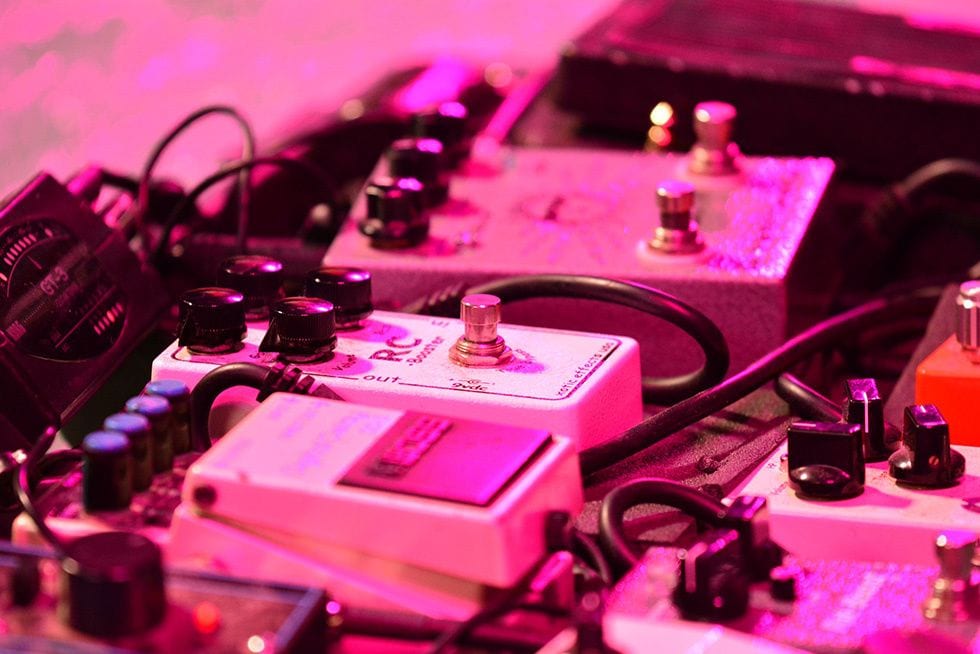
Cowpunk: A Brief Y’alternative History
Cowpunk is a reaction against conventional country music, yet embodies some of its distant and deepest traits. Likewise, it's also a reaction against punk, yet manifests as one of its purest expressions.

Cowpunk is a reaction against conventional country music, yet embodies some of its distant and deepest traits. Likewise, it's also a reaction against punk, yet manifests as one of its purest expressions.

Many punk hybrids have come and gone since their heydays, but the punk-rockabilly one, psychobilly, has endured and is still thriving around the world today.

As punks were looking for some potential pathways out of the cul-de-sacs of their limited soundscapes, they saw in funk a way to expand the punk palette without sacrificing either their ethos or idea(l)s.

Many only recognize ska-punk as a fad of 1990s US pop music, but its emanation and roots run much deeper and spread far wider than one may think.

When Bob Marley went to London in 1977 he discovered, documented, and reveled in the punky reggae party.

Worlds collided when punk and metal realized they were opposite sides of the same coin. Who knew they would be frenemies for life?

Glam Punk is "Rock 'n' roll with lipstick on," sneered John Lennon.

Punk's idea(l)s may have been fostered in Art schools, but its musical foundations were cultivated in garages.

Louder, faster, angrier, and harder than punk ever sounded, second-wave punk in 1979 Britain kept the core instrumental ingredients but used and produced them in ways that boiled off any subtleties or sophistication.

While goth punk’s theatricality dramatizes concerns about depression and suicide, its safe spaces are inviting to the otherwise alienated and ostracized.

For Throbbing Gristle's Genesis P-Orridge, punk's sonic harshness was welcome but it did not go far enough.

Wild rebellion and reckless combat are increasingly less valued than ethical wit and spiritual sustenance in Megan Volpert's entertaining and insightful Boss Broad.